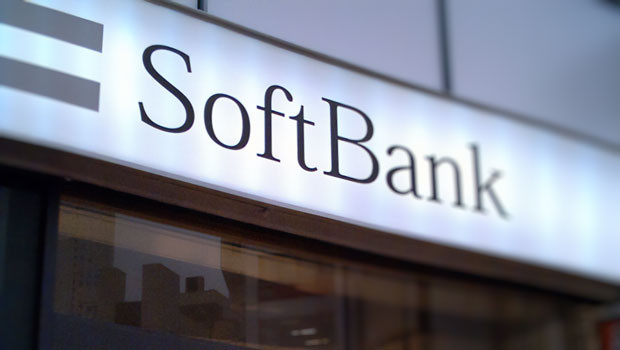Asia report: Stocks mixed after overnight US tech rally

Asia-Pacific markets turned in a varied performance on Tuesday, in the wake of a significant tech rally on Wall Street.
Notable gains were observed overnight from giants including Tesla and Qualcomm.
“Asian equity markets exhibited a mixed performance as the region adopted a cautious stance, lacking any fresh macroeconomic catalysts, and with market participants preparing for the release of US consumer price index (CPI) data scheduled for midweek,” said Patrick Munnelly at TickMill Group.
“The Nikkei 225 index showed a gain of 0.6% - this increase was attributed to the strength in automaker stocks and early leadership from SoftBank.
“Notably, SoftBank's Arm unit IPO garnered significant attention, being oversubscribed by a factor of 10.”
However, Munnelly said the index's price action was somewhat volatile, with it nearly erasing all of its gains before revisiting session highs.
“The Hang Seng index remained flat, mirroring little change throughout the session.
“Early downward movements were offset by another strong liquidity injection by the People's Bank of China (PBoC), and after Country Garden Holdings received approval to extend the repayment period for six onshore bonds by an additional three years.
“Similarly, the Shanghai Composite index also ended the session essentially unchanged. It displayed a lack of significant movement during the trading day.”
Mixed equity results across all regions
Japanese markets stood out with positive growth, as the Nikkei 225 rose by 0.95%, closing at 32,776.37, while the broader Topix index saw an uptick of 0.82% to finish at 2,379.91.
Nippon Light Metal and Alps Electric emerged as significant gainers on Tokyo’s benchmark, with their stocks jumping by 5.98% and 4.41% respectively.
Tokyo Tatemono also saw a boost, its shares escalating by approximately 4.22%.
Chinese indices painted a more sombre picture, with the Shanghai Composite edging down 0.18% to close at 3,137.06, and the Shenzhen Component index retreating by a marginal 0.08% to 10,373.99.
Among the major decliners in Shanghai, China Bester Group Telecom plummeted by 8.21%, and Hangzhou Jiebai Group also took a hit, down 5.32%.
Hong Kong's Hang Seng Index declined by 0.39%, ending the day at 18,025.89.
Leading the losses were PetroChina, Orient Overseas International, and Hansoh Pharmaceutical Group, which fell by 4.18%, 3.47%, and 2.86% respectively.
South Korea’s Kospi didn’t fare any better, registering a dip of 0.79% to 2,536.58.
Samsung SDS and POSCO Holdings were among the top losers, shedding 4.76% and 4.21% off their stock prices.
Australia's S&P/ASX 200 provided some cheer, inching up 0.2% to close at 7,206.90.
Neuren Pharmaceuticals and Pilbara Minerals stood out, with their stock prices surging by 5.6% and 4.31%.
However, New Zealand's S&P/NZX 50 index saw a marginal decline of 0.03%, ending at 11,298.70.
Eroad and Contact Energy weighed on the market, with declines of 6.25% and 3.57% respectively.
In the currency market, the dollar appreciated on the yen, as well as its Aussie and Kiwi counterparts, registering gains of 0.13%, 0.03%, and 0.22% respectively.
The oil market exhibited strength, with Brent crude futures last up 0.52% on ICE at $91.11 per barrel, and the NYMEX quote for West Texas Intermediate increasing 0.71% to $87.91.
Arm's IPO gathers momentum as valuation soars
In technology news, chip designer Arm was in focus after Reuters quoted insiders as suggesting that the company was on the brink of gathering the investor support required to achieve its target valuation of $54.5bn.
The strong investor response implied that Arm could potentially price its IPO at the peak or even surpass the initially projected $47-to-$51-per-share bracket.
Intriguingly, the robust demand also opened up dialogues about possibly elevating the price range, potentially driving the valuation beyond the $54.5bn mark.
Majority shareholder SoftBank had no intention of increasing the offering, however, intending to maintain a commanding 90.6% share in Arm post-IPO.
Reporting by Josh White for Sharecast.com.